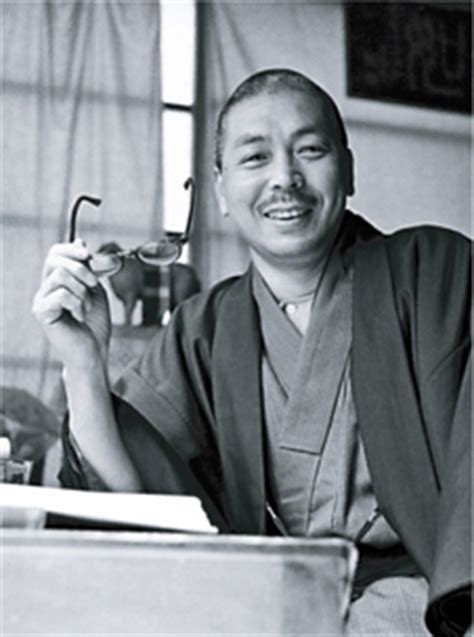A Quote by Sakyong Mipham
Shambhala does have unique teachings, as do many Buddhist traditions. For example, certain teachings within Shambhala have to do with raising the personal windhorse, or the energy of the individual, so a person has good fortitude to be able to live a good life.
Related Quotes
Shambhala vision is universal. It has no bias towards one type of culture or group. It is not ethnocentric and does not encourage one specific kind of person, race, or religion. Shambhala vision promotes a universality in relationship to basic goodness. All human beings are basically good and an enlightened society, at various levels of manifestation, can occur in any culture.
The Shambhala teachings are founded on the premise that there is basic human wisdom that can help to solve the world's problems. This wisdom does not belong to any one culture or religion, nor does it come only from the West or the East. Rather it is a tradition of human warrior-ship that has existed in many cultures at many times throughout history.
There is a tendency sometimes within the Shambhala community to make it just about meditating and, so, less about compassion. Shambhala is based upon compassion, but a lot of people come in and say, "I need to get more meditation. I need to do this for me, me, me." That's fine, but the view here is much more societal.
The Islamic teachings have left great traditions for equitable and gentle dealings and behavior, and inspire people with nobility and tolerance. These are human teachings of the highest order and at the same time practicable. These teachings brought into existence a society in which hard-heartedness and collective oppression and injustice were the least as compared with all other societies preceding it....Islam is replete with gentleness, courtesy, and fraternity.






















